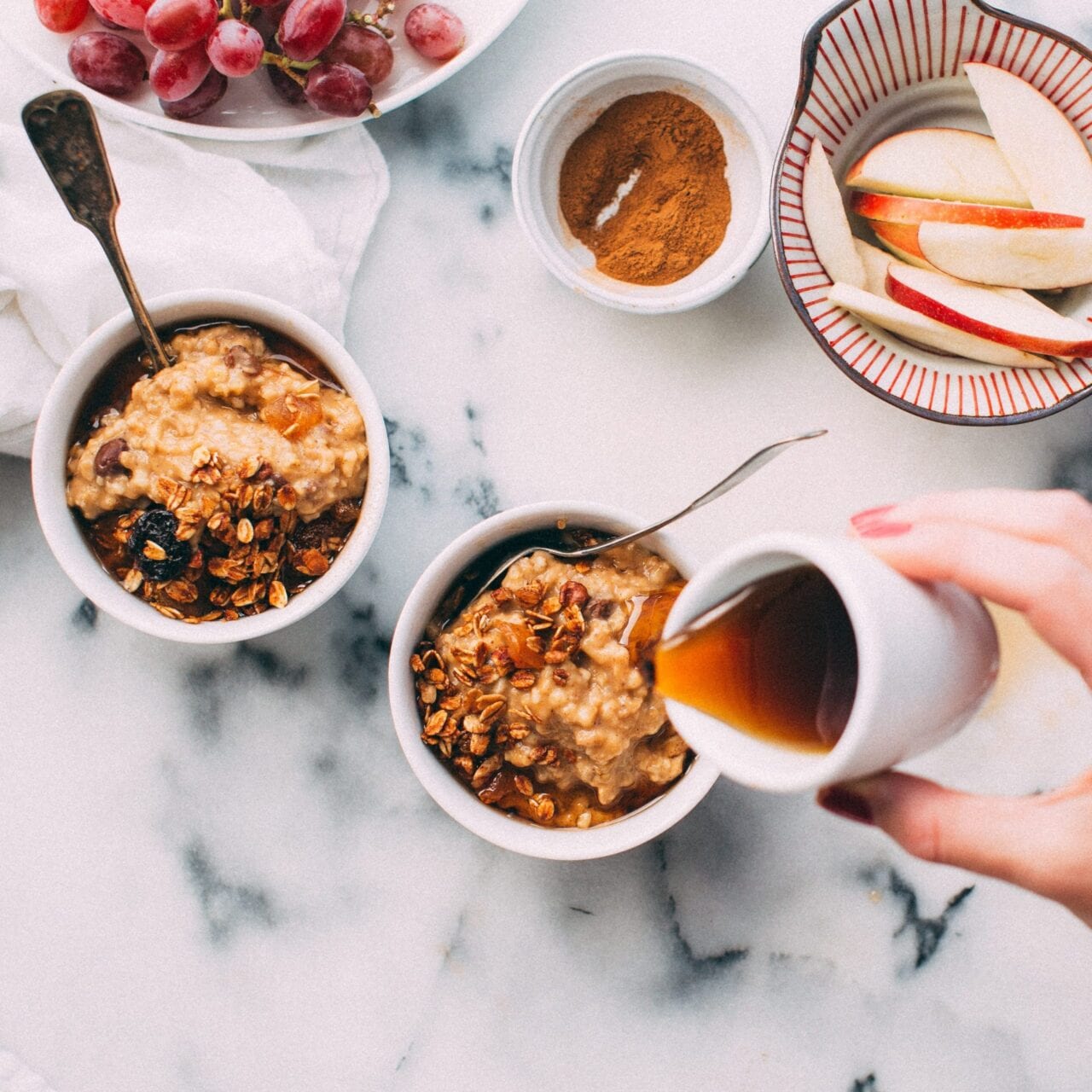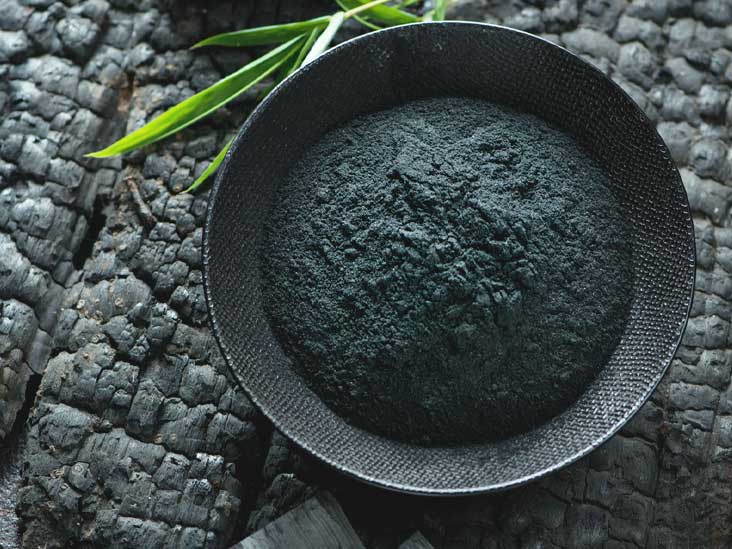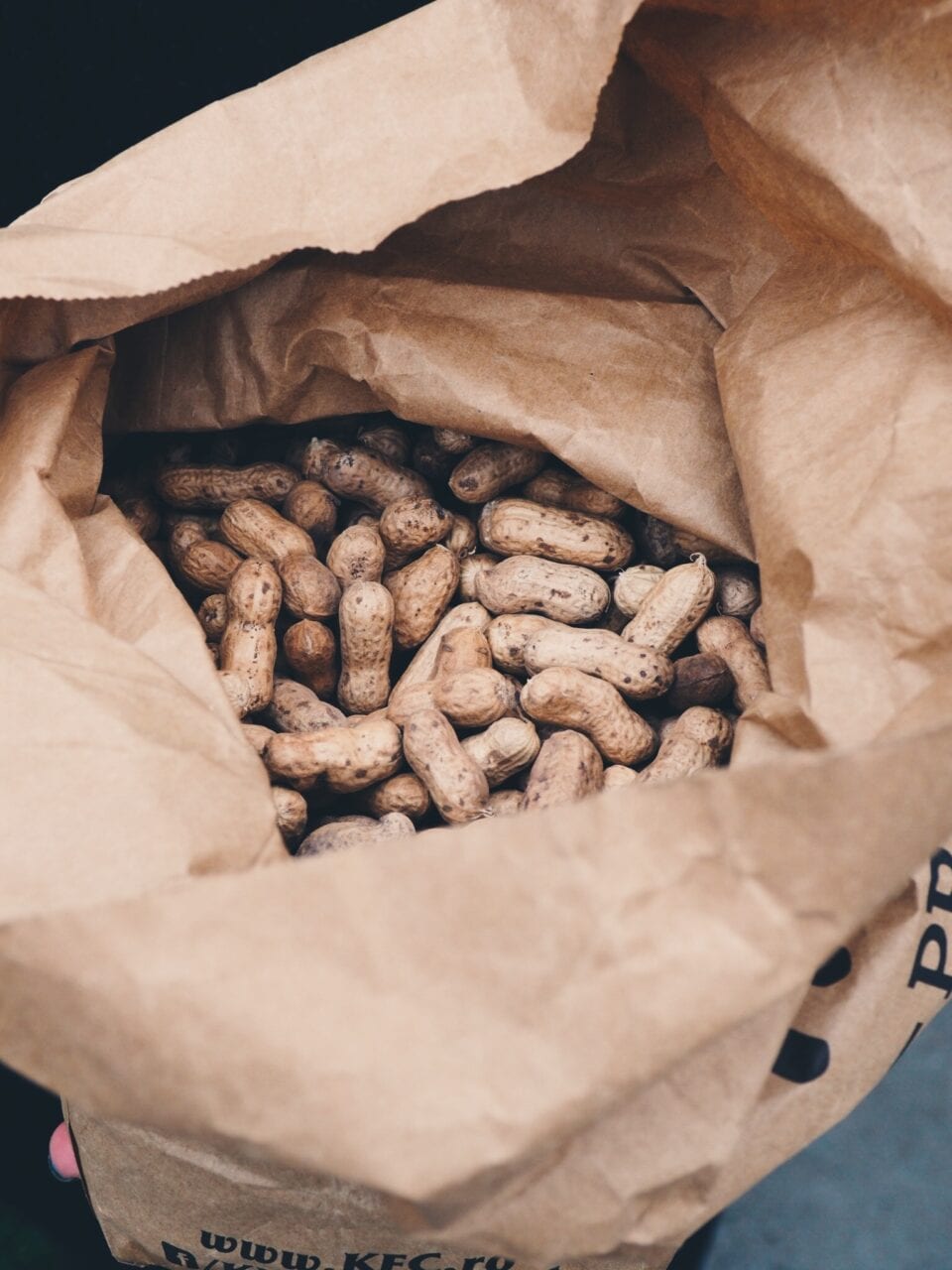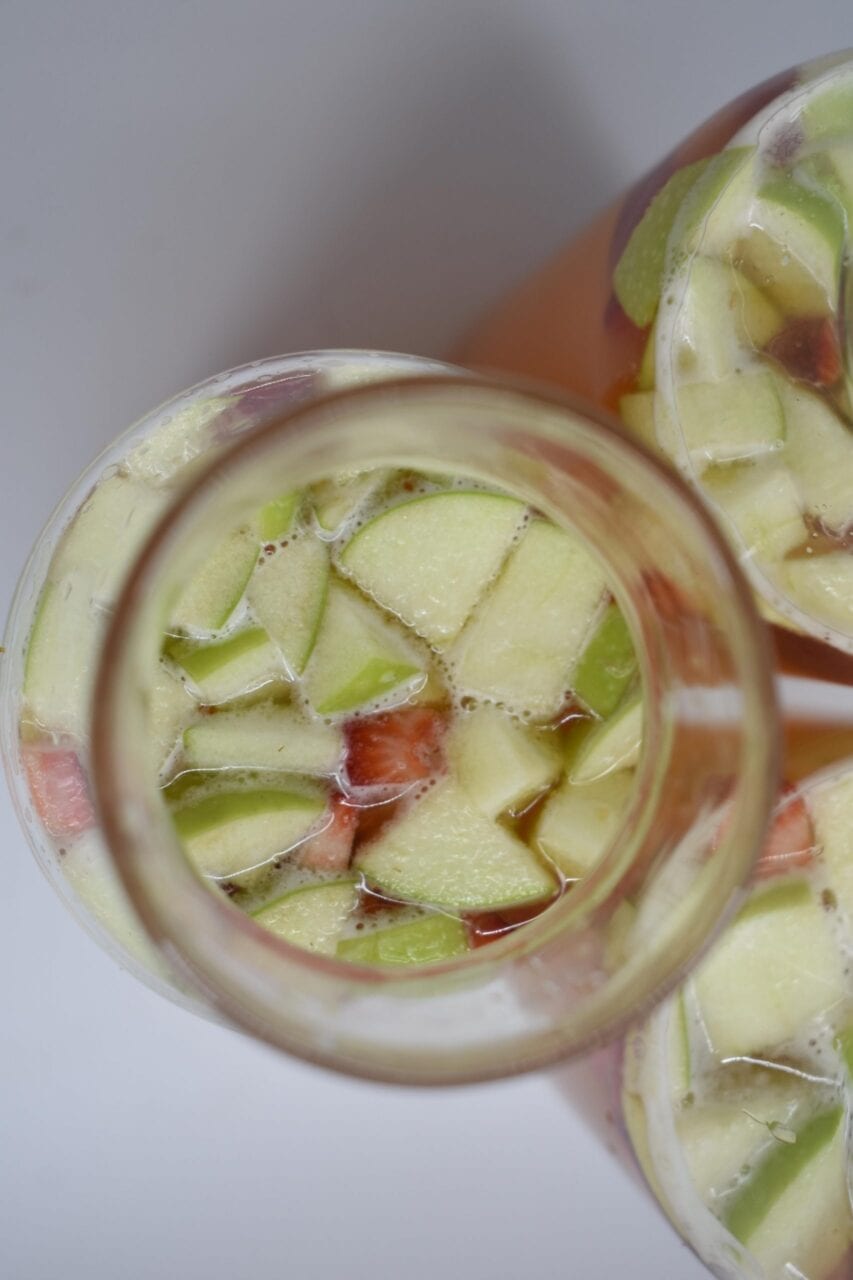
As the popularity of sugar alternatives increase, more and more options are emerging on our supermarket shelves. It can most certainly feel overwhelming and also ridiculously confusing trying to know which ones to choose.
To help clear up the chaos, we have compared 10 common sugar products for you to see which ones stack up against the hype – looking at how they are made, what they are made from, the cost and overall nutrition value.
But First, What Sugar is What?
This is the most confusing part in many ways! The sugars we are reviewing today contain different types of sugars, but all get broken down into units of glucose and/or fructose.
Glucose:
Glucose is absorbed in the small intestine via specific transporters. The amount of transporters we have is decided based on how much sugar we have in our daily intakes and is why we need to ‘train the gut’ in the lead up to an event to ensure adequate digestion. We are pretty much capped at being able to digest 60g of glucose per hour as this is when the transporters become saturated.
Fructose:
Fructose is a type of sugar that can exist on its own (as free fructose) or as a unit of sucrose. After being absorbed by the small intestine, it is directed to the liver to be metabolised. It is this involvement of the liver that is concerning in the case of fatty liver. So, although daily intakes of naturally occurring sugars is fine, if you are enjoying large amounts of added sugars in your daily diet (via fructose or sucrose), this is something to be aware of.
As fructose does get absorbed via a different pathway to glucose, it is a pretty handy addition when maximising intake for endurance events (called ‘multiple transportable carbohydrates’). It’s need to be directed to the liver also means that it is much slower to be metabolised and why it is lower in Glycaemic Index (GI) to glucose.
The infographics below give a quick overview of the sugars, sugar alternatives and syrups and how they compare, but keep scrolling through for our full review.


SUGARS
White Sugar
How it is made: Refined natural sugars from sugar cane.
Price per 100g: $0.10c -$0.20c
Ingredients: Cane sugar
Type of Sugar: Sucrose – 50% fructose, 50% glucose
Sugar content per 100g: 99.9g
GI rating: 65
Raw Sugar
How it is made: Refined natural sugars from sugar cane with small amounts of molasses remaining.
Price per 100g: $0.10c-$0.30
Ingredients: Cane sugar
Type of Sugar: Sucrose – 50% fructose, 50% glucose
Sugar content per 100g: 99.8g
GI rating: 65
Brown Sugar
How it is made: Refined natural sugars from sugar cane with some molasses remaining.
Price per 100g: $0.30-$0.44
Ingredient list: Cane sugar
Type of Sugar: Sucrose – 50% fructose, 50% glucose
Sugar content per 100g: 98g
GI rating: 65
LowGI Cane Sugar
How it is made: Refined natural sugars from sugar cane, however, instead of disregarding some of the goodness (minerals & polyphenols), it is extracted and sprayed over the sugar.
Price per 100g: $0.44c
Ingredient list: Cane sugar
Type of Sugar: Sucrose – 50% fructose, 50% glucose
Sugar content per 100g: 99.4g
GI rating: 55
Coconut Sugar
How it is made: The fresh sap from the flower buds of the coconut palm (not from the coconut – who knew?!). The sap is collected, boiled, evaporated and concentrated.
Price per 100g: $1.80
Ingredient list: Coconut sugar
Type of Sugar: ~ 80% Sucrose (50% fructose, 50% glucose) + 10% Glucose + 10% Fructose
Sugar content per 100g: 93g
GI rating: 54
Nutrition Notes: It is usually hyped to contain many minerals, however 100g of coconut sugar (25teaspoons!!) still only contains ~900mg of potassium – 20% of your days recommended intake!
SYRUPS
Rice malt syrup
How it is made: After breaking down the starches from brown rice, a liquid is produced and filtered into a syrup.
Price per 100g: $0.64c -$1.10
Ingredient list: Brown rice
Type of Sugar: Maltose + Dextrin + Maltotriose (all of which are broken down to glucose)
Sugar content per 100g: 53g
GI rating: 98
Maple Syrup
How it is made: The sap from the maple tree is boiled and concentrated into a syrup.
Price per 100ml: $2.52-$3.60
Ingredient list: 100% Canadian Maple Syrup
Type of Sugar: Sucrose – 50% fructose, 50% glucose
Sugar content per 100g: 79g
GI rating: 54
NOTE: Be wary of sweetened fake imposters – make sure you choose the real stuff!
Agave Syrup
How it is made: The sap from the agave plant (native to Mexico) is extracted from the core of the plant and goes through a filtering, boiling and reduction process to produce a thick syrupy liquid.
Price per 100ml: $2.00
Ingredient list: Agave
Type of Sugar: 70-90% Fructose + 10-30% Glucose
Sugar content per 100g: 75g
GI rating: 15 (Low due to high fructose content)
Honey
How it is made: Made through the awesomeness of bees from the nectar of flowers.
Price per 100g: $1.47-$1.68
Ingredient list: Honey
Type of Sugar: 60% Fructose + 40% Glucose
Sugar content per 100g: 82.5g
GI rating: 58
Medjool Dates
How it is made: Sourced from the fruit of the palm tree.
Price per 100g: $2.00
Ingredient list: Medjool dates
Type of Sugar: 50% Fructose + 50% Glucose
Sugar content per 100g: 66g
GI rating: 50
Our Verdict
Overall, sugar is sugar.
All of the sugars and sugar alternatives we looked at provide very similar kilojoules and amounts of sugar. Even the sugars that are touted to contain more nutrients, are still such small amounts it really isn’t going to be of any value in the scheme of things unless you are eating a ridiculous amount of sugar each day. So instead of paying an arm and leg for the expensive options, choose the sugar or sugar alternatives that fits your recipe, your taste preference, your individual tolerance and of course, your budget!
Thanks for reading this mammoth review you sweet things!



